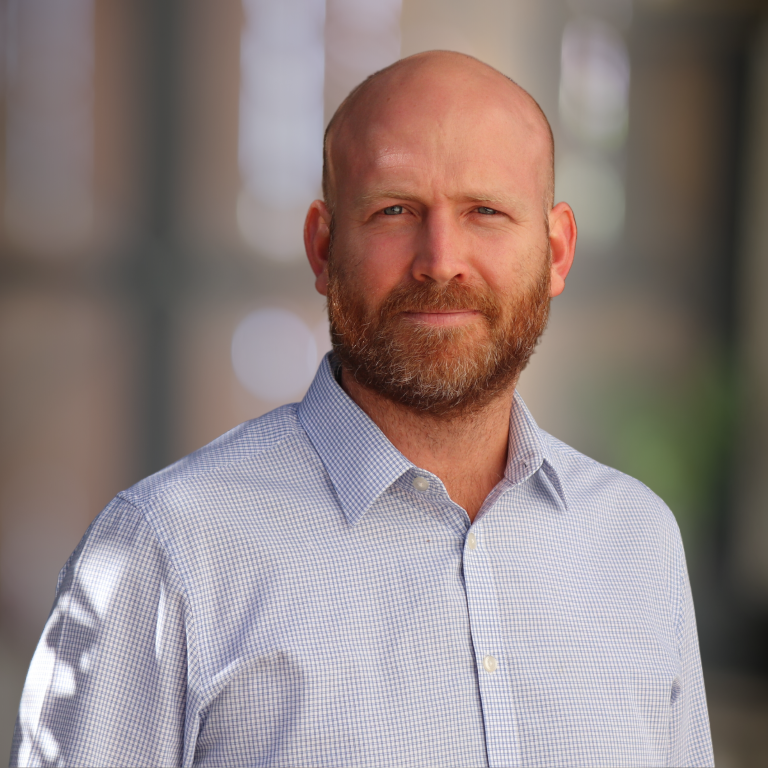BUSINESS NEWS - Used correctly, a TFSA can be one of the most powerful investments available—especially when started early.
It’s the end of the tax year, and as usual, I’ve been scrambling to maximize contributions to retirement annuities and tax-free savings accounts (TFSAs) before the deadline.
These aren’t just tax-saving tools—they’re powerful long-term planning instruments.
TFSAs, in particular, require a strategic approach. A parent recently told me that the R36,000 annual limit feels too small to make a real difference. I disagree.
Used correctly, a TFSA can be one of the most powerful investments available—especially when started early.
Let’s say you start investing R36,000 per year into a TFSA from the day your child is born. It takes just under 15 years to reach the lifetime contribution limit of R500,000.
If invested in growth assets, earning an average return of 12% per year (historically quite achievable), here’s what happens:
By Age 22:
?? The TFSA grows to R3.1 million
?? In today’s money (assuming 5% inflation): R1.07 million
That’s enough to:
? Pay for a full university degree (or subsidize going offshore to study)
? Provide a deposit—or even full payment—on a first home
? Cover a first car (perhaps not the whole amount)
But here’s the real secret: you shouldn’t use this money.
Personally, I’ve set up separate discretionary portfolios for my kids to fund these early expenses. The real magic of a TFSA lies in compounding over a lifetime.
What Happens If You Leave It Untouched?
If the TFSA remains invested until your child turns 65, it grows to:
?? R409 million (completely tax-free!)
Of course, that number doesn’t mean much without context. Adjusting for inflation, that’s worth R17.2 million in today’s terms.
At retirement, assuming a safe 5% withdrawal rate, your child could draw:
?? R859,275 per year (R71,606 per month)—tax-free for the next 40 years.
Had this been a taxable investment (like a retirement annuity), that same withdrawal would be subject to tax, reducing it to roughly R601,493 per year (R50,124 per month) after tax.
That’s a R20,000 per month difference—just from smart tax planning.
A Lifetime of Financial Freedom
A TFSA started at birth gives your child a massive head start. It allows them to:
?? Retire comfortably, knowing their retirement income is completely tax-free.
?? Free up their working years to take risks—starting a business, traveling, or investing in their own children’s future—without the looming pressure of saving for retirement.
Albert Einstein called compound interest the eighth wonder of the world—and this is exactly why.

Matthew Matthee has a wealth management business that specialises in retirement planning and investments. He writes about financial markets, investments, and investor psychology. He holds a Masters Degree in Economics from Stellenbosch University and a Post Graduate Diploma in Financial Planning from UFS. I have created an online blog to host all my newsletters. Check it out here - mattfinancial.co.za.
‘We bring you the latest Garden Route, Hessequa, Karoo news’
















